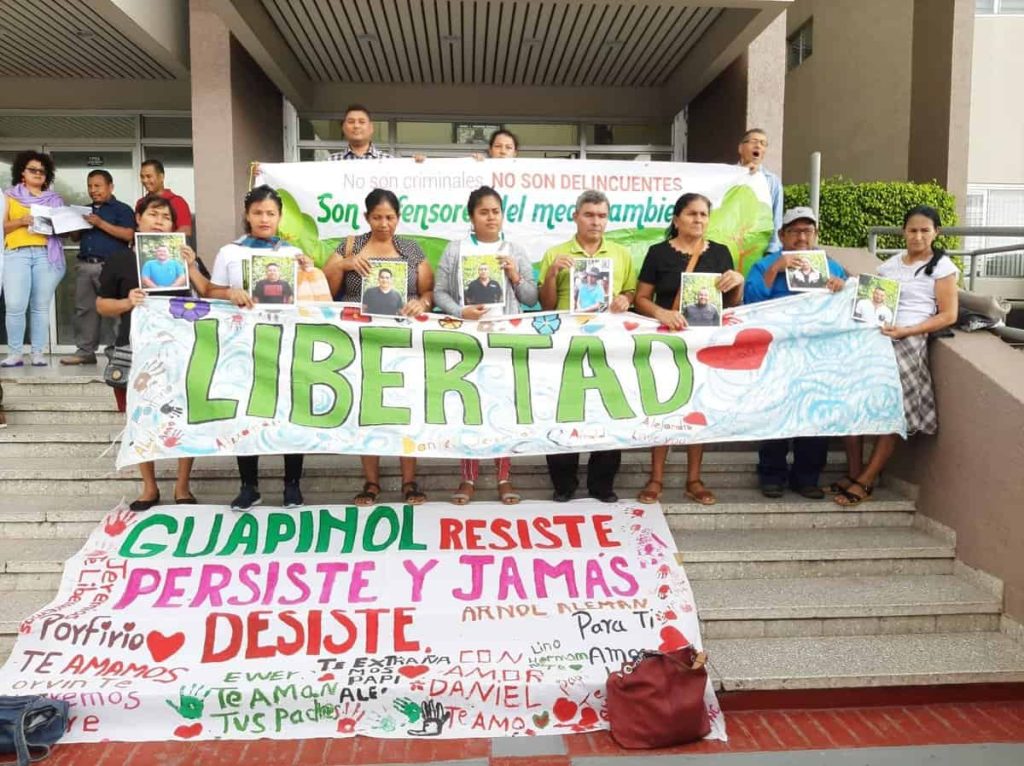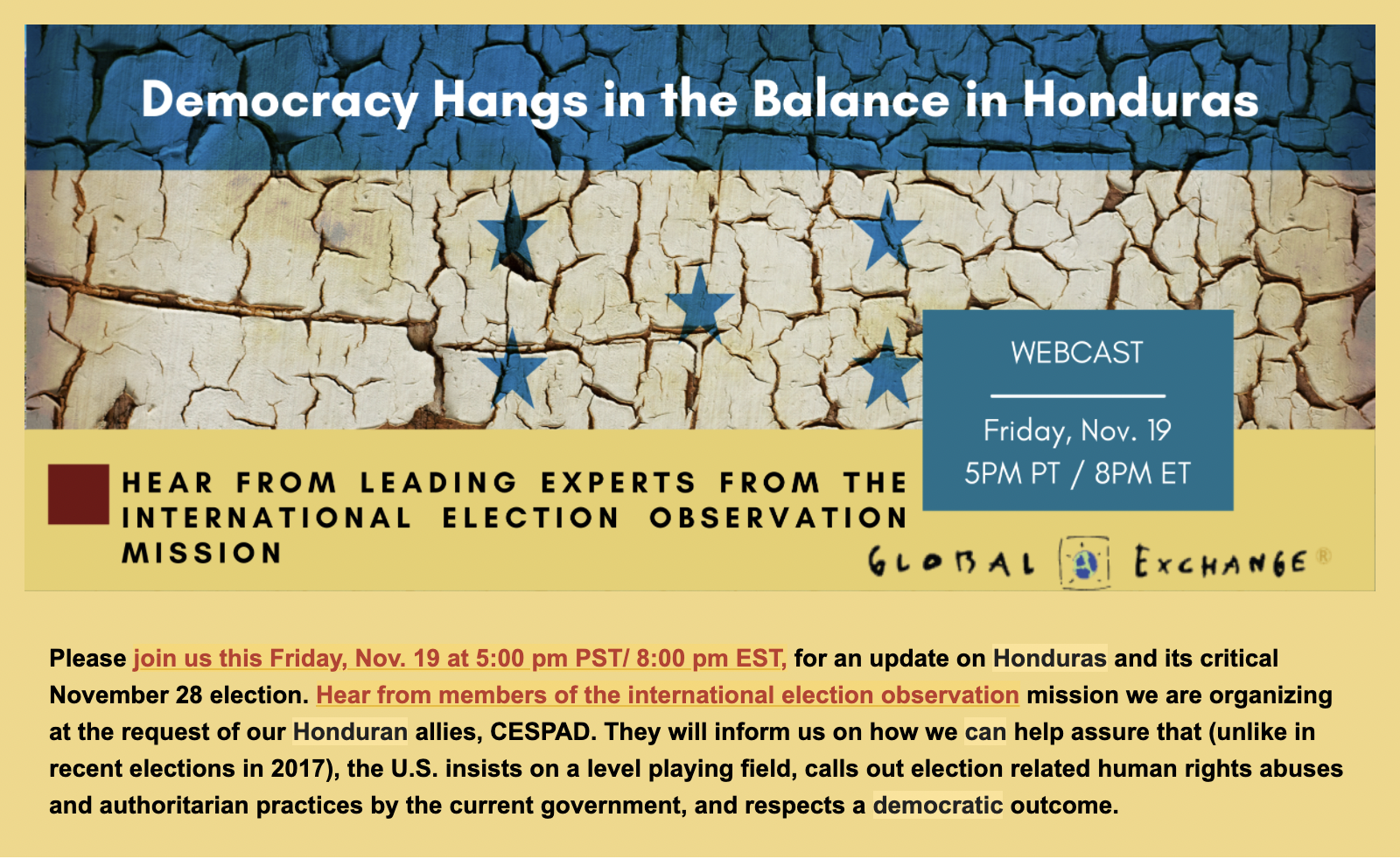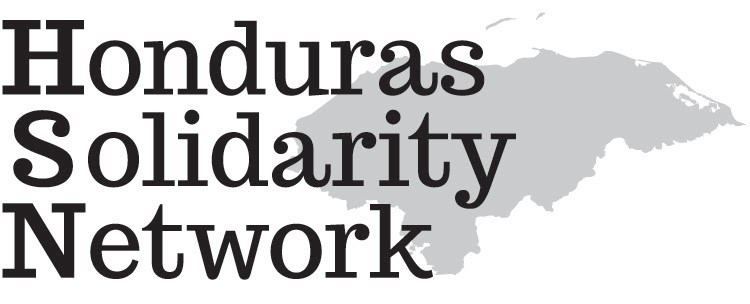2021 Honduras International Observation Mission Report-Back
Global Exchange in Collaboration with the Center for Democracy Studies (CESPAD)
Since the 2009 U.S.-back coup d’etat, Honduras has become known as one of the most violent countries in the world. Human rights defenders, lawyers, environmentalists, journalists, and land defenders are particularly at risk, as are political candidates that decide to participate in electoral activities.
In 2017 in the lead up to the general elections in November, 17 election candidates were murdered. This violence was telling of what would come later. Following election day in November 2017, credible allegations of electoral fraud sparked widespread protests around the country. In response, the Honduran government led by President Juan Orlando Hernandez, who had run on an illegal second term, cracked down on the population. Military curfews were imposed and U.S.-funded state security forces fired live rounds at protesters, who remained in the streets for months demanding that their vote be respected. In total, over 30 people were killed, dozens injured, and hundreds were detained.
As a U.S.-based organization, we were alarmed that the United States played a fundamental role in certifying the fraudulent election results and whitewashing the human rights violations committed by state security forces in the same context. No investigation of electoral crimes was conducted and the U.S. State Department certified Honduras on their human rights performance in December 2017, even while security forces were murdering protesters in the streets.
Given the electoral situation and critical role of the United States in 2017, Global Exchange teamed up with a Honduran civil society organization, the Center for Democracy Studies (CESPAD) to organize an International Electoral Observation Mission (MIOE) to Honduras from November 24 to December 1, 2021. The international mission complemented CESPAD’s national observation teams of over 250 youth from around Honduras.
The Role of the International Observer Mission
Prior to their arrival to Honduras, CESPAD held virtual training sessions for all international mission participants. Participants were given extensive training on the national context and the observation “instruments” or forms that were to be filled out on November 27, 28 and 29th – the day before, the day of, and the day after election day. In addition, Global Exchange collaborated with CESPAD in the pre-arrival period to organize online participant meet-and-greet sessions, webinars, a press conference, and several news articles in various U.S. media outlets.
Participants arrived in the capital city, Tegucigalpa on November 23 and 24th. In the days before teams were sent to different locations around the country to begin their election observation duties, mission participants met in Tegucigalpa with the Mexican and US Embassy, the U.N. High Commissioner’s Office on Human Rights, the European Union Election Observation Mission, and representatives from two political parties. In addition, participants met with civil society organizations, including the Guapinol water defenders’ legal team, the Civic Council for Popular and Indigenous Organizations of Honduras (COPINH), and the Committee of the Relatives of the Detained-Disappeared in Honduras (COFADEH).
In addition to attending several meetings, international observers were given final instructions and training by CESPAD and then dispatched to six departments – Colón, Choluteca, Intibuca, Lempira, Copan, and Yoro. Many were designated to small communities and cities that had been identified by CESPAD as high-risk sites for conflict, electoral violence, and fraud.
Importance of the Mission
The mission was essential in helping expand CESPAD’s effectiveness and national impact. From November 27 to 29, observers filled out electoral observation forms and sent this data to the CESPAD team based in Tegucigalpa who then centralized and analyzed it for their own electoral reporting. In addition, when violations of human rights, the electoral law or freedom of expression were noted by observers, CESPAD used this information to publish and disseminate urgent election alerts. These alerts were useful in alerting the national and international community of concerning electoral circumstances, and were also shared with relevant Honduran electoral authorities for further investigation.
In addition to acting as CESPAD “eyes and ears” around the country, several mission participants assisted with CESPAD’s communication and media strategy. Several journalists, particularly those from Mexico, helped CESPAD in publishing the alerts and photos of the electoral process on their social media and websites.
Another important aspect of the mission was the role that international participants played in providing physical accompaniment to all Hondurans that went to vote on Election day. In many circumstances, the physical presence of an international observer can help deter many sorts of attacks, make processes more transparent, or simply send a clear message to local, regional and national electoral authorities and political parties, that the world’s eyes are watching the ins and outs of the voting process.
The Mission’s Success
The mission was highly successful. One of Global Exchange’s communication goals was to center the voices of Hondurans, particularly CESPAD’s Director Gustavo Irías, in the international press. The attention far exceeded our expectations. Global Exchange and CESPAD’s mission was mentioned in international-based media outlets including Newsweek, NPR, TruthOut, TeleSUR, Univisión, Reuters as well as several Spanish-speaking outlets like La Opinion.
Global Exchange played a critical role in providing the international guidance and support for CESPAD that acted as the central operating organization in Honduras. This mission was the first of it’s kind for CESPAD and teaming up with Global Exchange helped to transfer our organization’s knowledge of international delegations to a Honduran organization. We expect this knowledge to be of particular value for CESPAD’s future international collaborations and projects.
While our observers were on the ground on Election day, CESPAD published seven election alerts based on data collected by our teams. This data will serve as a guiding base for observation teams in future Honduran electoral processes.
It is hard to attribute the overwhelming voting turn-out, the successful election of LIBRE party candidate, Xiomara Castro, the first woman President elected in Honduras, and the weakening of the U.S.-backed narco-dictatorship, to the presence of our mission in the country. However, over several years, Global Exchange, like many other US-based solidarity organizations have remained steadfast in their support for the Honduran social movement, human rights groups and civil society organizations who have fought to bring an end to the U.S.-backed dictatorship. We believe that our role has been critical – prior and during the electoral process – in both holding the US government accountable for its actions in Honduras, but also accompanying the Honduran people as they seek to transform their country and future.
What’s Next: Post Mission Follow-Up
There is no doubt that the newly elected Honduran government will face significant challenges moving forward. Honduras is one of the poorest nations in the Western Hemisphere and continues to suffer from 12 years of a corrupt, narco-regime that caused thousands of Hondurans to flee to the U.S.-Mexico border. Despite the weakening of the regime through it’s electoral loss, many remnants of the government still remain.
Global Exchange and international mission participants will remain engaged in Honduras through delegations, news monitoring, participation in urgent actions, and international solidarity coalitions. Global Exchange is committed to continue our work monitoring the role of the U.S. in Honduras. This will include setting up strategic meetings for the new Honduran government with U.S. solidarity organizations. We will also continue our engagement with U.S. Congressional representatives about Honduras and remain vigilant about human rights concerns and U.S. aid to the Honduran police and military. We believe our role is to create space for Hondurans to build the country of their choosing and we will continue our support for Honduran civil society organizations as they seek to rebuild their communities once Xiomara Castro takes power on January 27, 2022.




 November 3, 2021
November 3, 2021